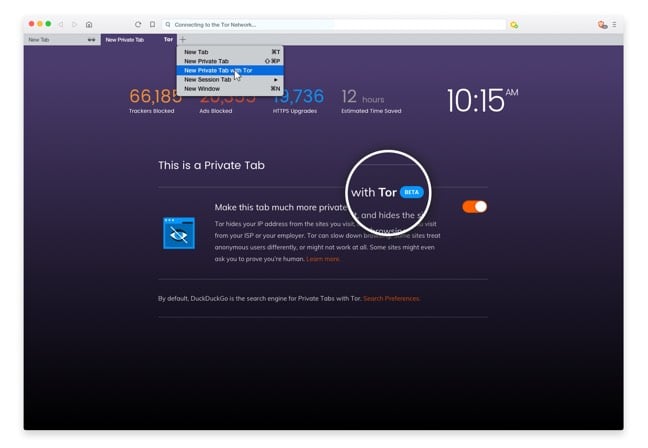
Since the update to version 1.47 that was released yesterday, Brave has the Snowflake extension, which can be configured via the software settings. According to Bleeping Computer, the browser was equipped with support for Tor bridges some time ago. Bridges provide an entry point into the network even if the service is blocked and unavailable in the user’s country of residence. To prevent Tor bridges from also being subject to censorship measures, the addresses are not publicly listed by default. In addition, new bridges are added at regular intervals. Please use one of the above methods to obtain more bridge addresses, and try again.While the Tor overlay network used for anonymization can be reached without any problems in this country, the service is blocked in numerous countries. The current version of the Brave browser has an option to easily bypass such blockages. If the connection fails, the bridges you received may be down. Select the checkbox UseĪ bridge, and from the option Provide a bridge, enter each bridge address on a separate line. Look for Tor connection settings and click on it. Complete the Captcha and click Submit.įrom Brave, click on Main Menu -> Settings and then on PrivacyĪnd security in the sidebar. Toggle the Use a bridge, option "on", then select Request a bridgeįrom, click Request a New Bridge. Tap on Start or write /start or /bridges in the chat.įrom Brave, click on Settings in the hamburger menu (≡) and then on "Privacy and security" in the sidebar.

Email from a Gmail, or Riseup email address.Getting bridge addressesīecause bridge addresses are not public, you will need to request them yourself. You do not need to obtain bridge addresses in order to use these transports.

Other pluggable transports, like meek, use different anti-censorship techniques that do not rely on bridges. Using bridges in combination with pluggable transports helps to conceal the fact that you are using Tor, but may slow down the connection compared to using ordinary Tor relays. Like ordinary Tor relays, bridges are run by volunteers unlike ordinary relays, however, they are not listed publicly, so an adversary cannot identify them easily. Most pluggable transports, such as obfs4, rely on the use of "bridge" relays.


 0 kommentar(er)
0 kommentar(er)
